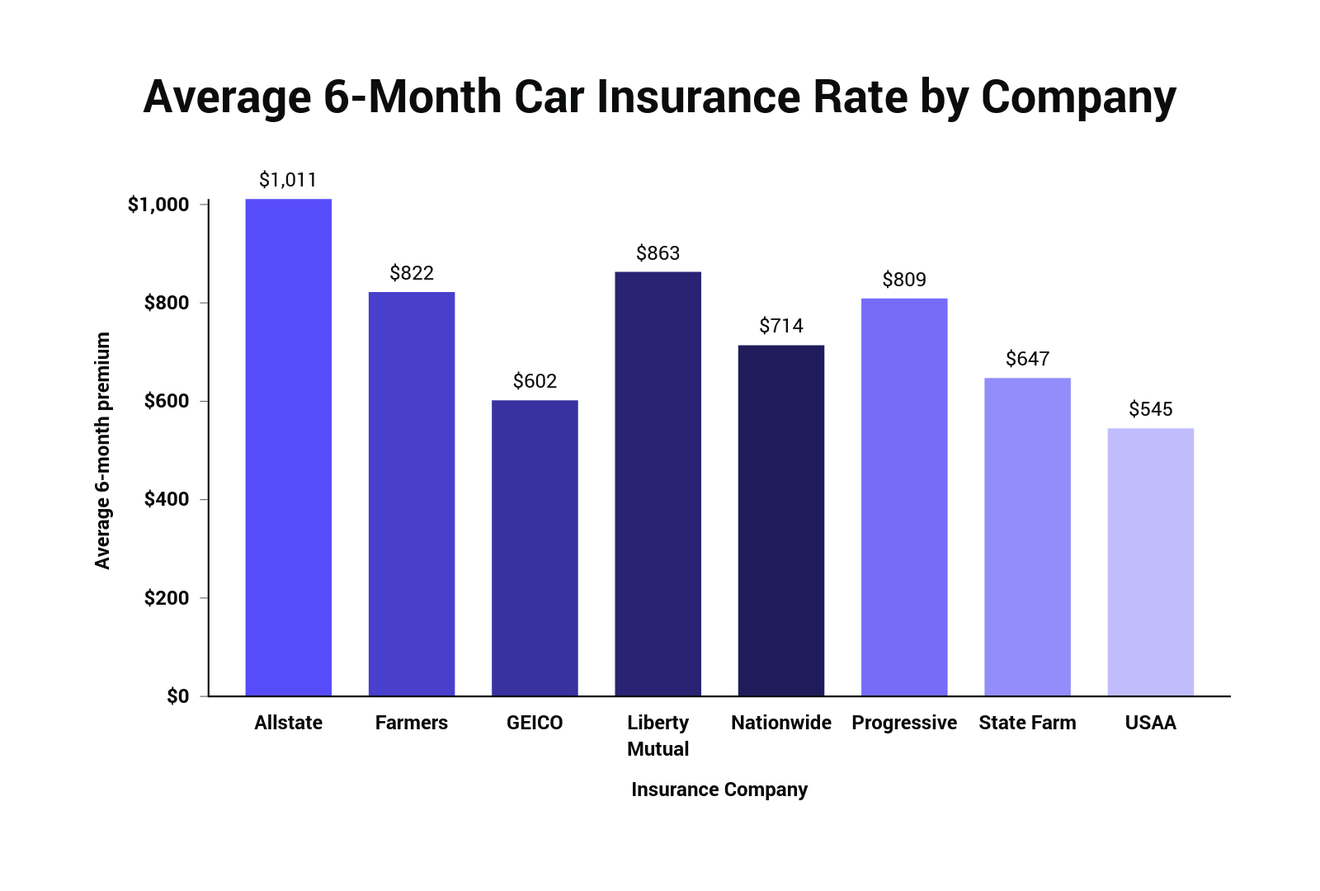Purchasing auto insurance may seem overwhelming, particularly given the myriad of options available and the jargon that can make difficult the task. Many people hurry into selecting a policy, driven by the price alone or misconceptions about what coverage they truly need. Nonetheless, being aware of the typical pitfalls can save you excessive expense and frustration in the long run.
In this article, we will explore ten typical mistakes that consumers often encounter when purchasing auto insurance. By understanding these mistakes, you can take informed decisions that not only protect you financially make sure you possess the right coverage for your specific situation. Whether you are a first-time buyer or wanting to change providers, steering clear of these mistakes will assist you obtain the best possible policy. Let us delve in and help you to navigate the world of car insurance with confidence.
Comprehending Insurance Choices
When buying car insurance, it's crucial to understand the different coverage options accessible to make sure you pick a policy that satisfies your needs. Auto insurance usually includes liability insurance, collision coverage, and comprehensive coverage. Liability coverage safeguards you from costs related with losses or injuries you may cause to others in an accident. Collision coverage, on the other hand, covers damage to your vehicle from a collision, regardless of who is at fault. Comprehensive coverage offers protection against non-collision-related incidents, such as theft, vandalism, or natural disasters.
Another maximal aspect of coverage options is underinsured motorist coverage. This form of protection is vital in situations where you are involved in an accident with a driver who has inadequate insurance or has no insurance. By holding this coverage, you can protect yourself from financial loss caused by accidents involving these drivers. It's a security measure that many people neglect, but it can be vital for your financial security.
Lastly, don't forget to think about additional options such as personal injury protection and roadside assistance. Personal injury protection can cover medical expenses for you and your passengers, regardless of who is at fault. Texas cheap car insurance provides help in case of breakdowns or other emergencies. Evaluating these alternatives carefully will guarantee you have a comprehensive auto insurance policy that truly protects you on the road.
Comparing Estimates Properly
As you are shopping for car insurance, it is important to evaluate estimates from various insurers to ensure you are receiving the best offer possible. Begin by gathering quotes from at least three various providers. Such an approach gives you a broader perspective on what the market offers and helps you spot any significant differences in pricing for similar coverage. Keep in mind that the lowest-priced option isn’t always the most suitable; pay attention to the coverage limits, deductibles, and exclusions that may vary from one policy to another.

In addition, utilize comparison tools on the internet to simplify the procedure. These tools can save you time by allowing you to input your information one time and receive various quotes in return. However, while using these online resources, be sure to check the credibility and reputation of the insurers. Reading reviews and ratings from other customers can offer perspective into the quality of customer service and the claims process, which are critical factors in your decision process.
Lastly, when you get your quotes, take the time to analyze and evaluate the coverage offered. Look beyond just the cost amount and take into account the specific features that each policy offers. Some policies may offer benefits such as roadside assistance or rental car coverage, which could affect your overall costs and satisfaction in the long run. By doing a thorough comparison, you will be better equipped to choose a policy that meets your needs and budget while offering adequate protection.
Neglecting Coverage Tiny Print
When purchasing car insurance, many buyers tend to neglect the details of their policies. This often includes critical details about policy limits, restrictions, and specific conditions that might apply. Ignoring this information can lead to unexpected additional expenses during a settlement, leaving policyholders vulnerable in situations they believed were included.
Additionally, many buyers focus on the cost amount without completely understanding the consequences of their chosen coverage choices. They may select lower costs, only to discover that their out-of-pocket costs are much higher than expected or that essential features, such as rental car coverage or roadside assistance, are omitted. This oversight can create economic burden, especially in periods of need.
Finally, the terminology used in insurance policies can sometimes be complicated and full of legal jargon. Failing to seek guidance on confusing terms can result in confusion about what is covered versus what is excluded. To avoid these missteps, it is recommended to read through the coverage thoroughly, ask questions, and even consult a experienced agent if necessary to ensure complete understanding of the terms before agreeing to a plan.
